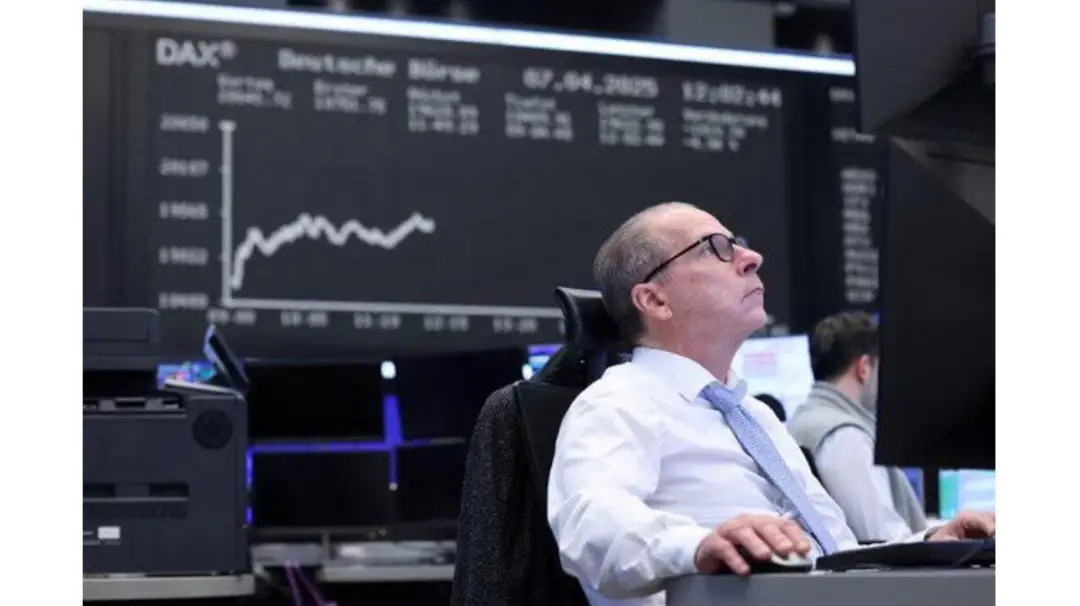What Is the Global Market?
The global market is the international network of trade and economic activity that links countries, businesses, and consumers across the world. It involves the exchange of goods, services, capital, labor, and information on a global scale. This interconnected system allows for economic cooperation, competition, and growth across borders.
Why It Matters
The global market shapes the modern economy. Countries rely on one another for raw materials, manufactured products, food, energy, and advanced technologies. By engaging in global trade, nations can focus on industries where they have an advantage while gaining access to a wider variety of products and services.
Technology and Innovation
Digital transformation has been a major driver of global trade. The internet, cloud computing, and e-commerce platforms allow even small businesses to operate internationally. Logistics, communication, and financial transactions now happen in real time, making it easier to connect with customers, partners, and suppliers around the world.
Risks and Challenges
Despite the many benefits, the global market is not without risks. Economic crises, political instability, trade disputes, pandemics, and armed conflicts can all disrupt supply chains and reduce trust between trading partners. Additionally, the global economy often reflects inequality—some countries benefit more than others, and smaller businesses may struggle to compete.

Source: A trader at the Frankfurt stock exchange on April 7. Global markets stabilized on Tuesday, even as company earnings reflected the damage of ongoing trade uncertainty. PHOTO: DANIEL ROLAND/AGENCE FRANCE-PRESSE/GETTY IMAGES
A Shift Toward Sustainability
Environmental concerns are also reshaping the global market. Consumers and governments increasingly demand greener practices, leading companies to adopt sustainable production, reduce emissions, and rethink global supply chains.
The Future of the Global Market
As the world continues to change, the global market will adapt. Innovation, cooperation, and responsible leadership are key to building a more stable, fair, and sustainable economic system that benefits all.